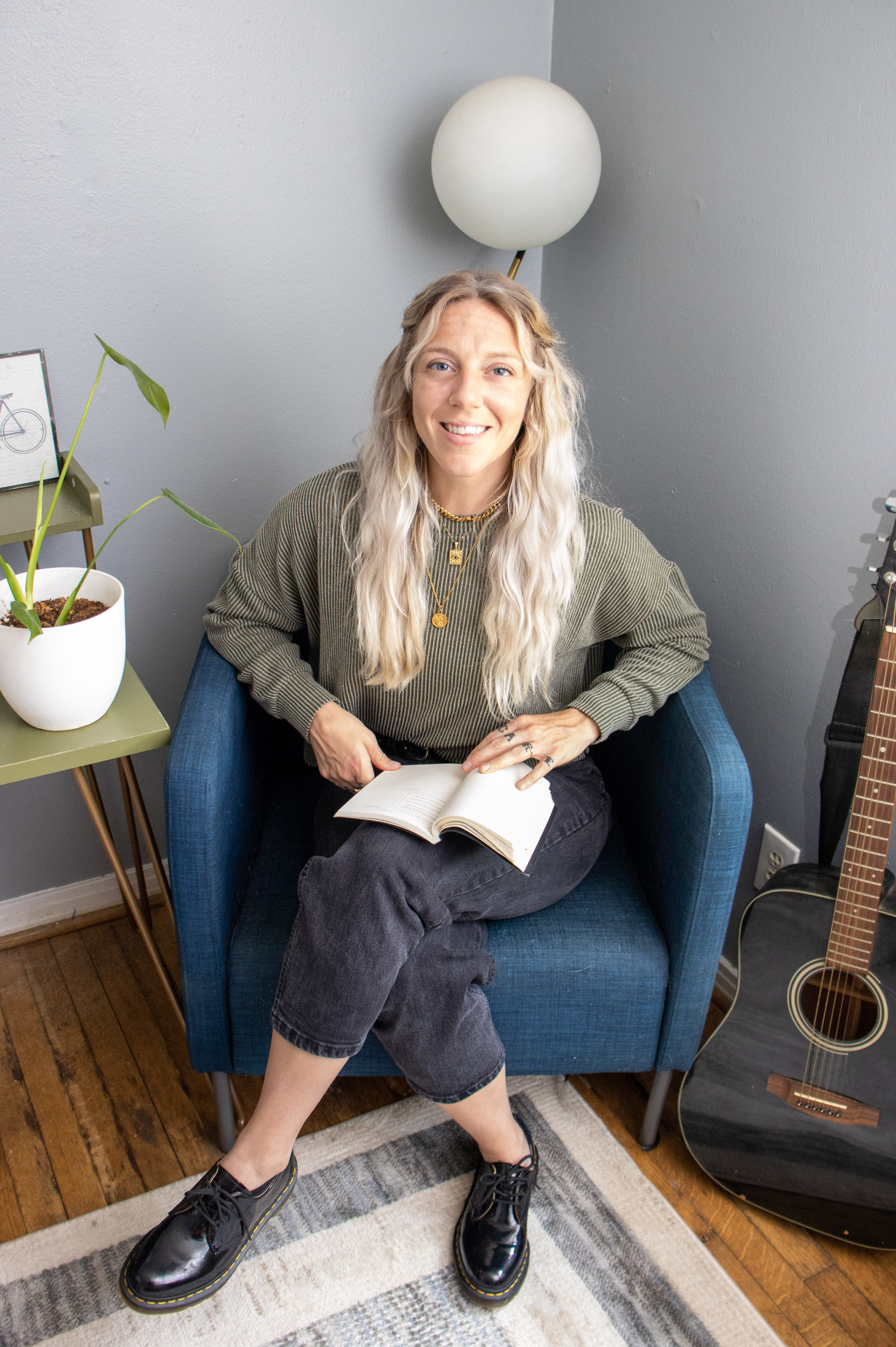Understanding Each Other Better: How Neurodivergent Couples Therapy Helps When ADHD Is Part of the Relationship
- Jamie Bellinger, LMFTA

- Nov 4
- 3 min read

Relationships are hard work for every couple. But when one partner has ADHD, daily life can bring extra challenges. Missed details, impulsive decisions, or feeling overwhelmed can lead both people to feel frustrated or misunderstood. The good news? With the right tools, couples can learn how to communicate better and support each other’s strengths.
At the Neurodiversity Center of Katy, we believe your differences don’t have to push you apart—they can actually make you stronger as a team.
What Makes ADHD Show Up in Relationships?
ADHD is not just about trouble focusing. It affects how a person:
Pays attention in conversations
Manages time and daily tasks
Handles strong emotions
Starts or finishes projects
For the partner without ADHD, this can sometimes feel like:
“You’re not listening to me.”
“You forget important things.”
“I feel like I have to manage everything.”
For the partner with ADHD, it can feel more like:
“I’m trying—why isn’t that enough?”
“I don’t want to disappoint you.”
“I feel like I’m constantly failing.”
When both people feel judged or overwhelmed, conflict builds. What couples need most is not blame—it’s understanding.
How Neurodivergent Couples Therapy Builds Understanding
In neurodivergent couples therapy, the focus is on improving the relationship—not “fixing” the ADHD partner.
This type of therapy helps couples:
Understand how the ADHD brain works
Create routines that reduce stress
Learn communication skills that feel supportive instead of critical
Instead of seeing ADHD behaviors as personal attacks (“You don’t care about me”), couples learn to see them as neurological differences (“Your brain works differently, and that’s okay.”)
Therapy often includes:
Using reminders or shared calendars
Breaking tasks into smaller steps
Creating habits that support both partners
We help couples become a team, not opponents.
Neurodivergent Couples Therapy Teaches Better Communication
Healthy communication is more than just talking. It’s about feeling safe to share your thoughts without fear of judgment.
We teach couples simple tools, such as:
Using “I feel…” statements instead of “You always…”
Checking in before giving advice
Agreeing on how to handle distractions
(Example: If someone gets distracted during a talk, use a gentle signal like tapping the table.)
One powerful strategy we teach is this:
Understanding first, problem-solving second.
When both people feel understood, solutions become easier.

How Therapy Helps With Emotional Regulation
Many people with ADHD feel emotions intensely. Sometimes they react quickly or shut down when overwhelmed. Therapy helps both partners learn how to:
Pause before reacting
Take breaks during heated conversations
Recognize when the nervous system is overloaded
The message we repeat often:
Conflict doesn’t mean the relationship is broken—it means the couple needs new tools.
You Don’t Have to Figure It Out Alone
Every partnership has strengths. When ADHD is part of the relationship, those strengths might include:
Creativity
Spontaneity
Passion
Deep empathy
With the right support, couples can turn challenges into connection.
At the Neurodiversity Center of Katy, we help couples build a relationship where both people feel seen, valued, and safe.
Ready to Take the Next Step?
If you and your partner want to communicate better, reduce tension, and grow closer, therapy can help.
Reach out today to schedule an appointment or learn more about our approach.
👉 Visit: neurodiversitycenterofkaty.com
👉 Contact us: info@neurodiversitycenterofkaty.com
You deserve a relationship where both of you feel understood.
Therapy Services Available at The Neurodiversity Center of Katy
At the Neurodiversity Center of Katy, we offer a variety of services tailored for everyone. Our offerings encompass:
About The Author

Born and raised in Houston, I am a Licensed Marriage and Family Therapist Associate (LMFT-A) with more than a decade of experience walking alongside individuals, couples, and families as they explore the vibrant landscape of neurodiversity. My therapeutic approach is rooted in Emotionally Focused Therapy (EFT) and Narrative Therapy - two models that honor the power of story, emotion, and connection in creating meaningful change.
I specialize in working with queer, BIPOC, and other marginalized communities, offering a compassionate and affirming space where clients can feel seen, celebrated, and supported. I believe therapy should be collaborative and empowering - helping people move from disconnection and self-doubt toward confidence, understanding, and deeper connection with themselves and others.
When I’m not in session, you’ll likely find me in the kitchen experimenting with new recipes, hiking with my rescue dogs, or camping somewhere under a moonlit sky. Nature and creativity keep me grounded, and I love helping clients discover their own sense of peace and spirituality in whatever form that may take.




Comments